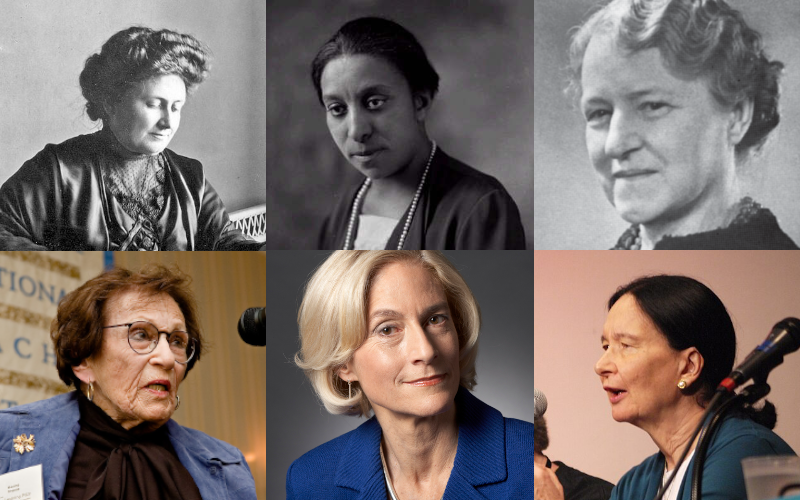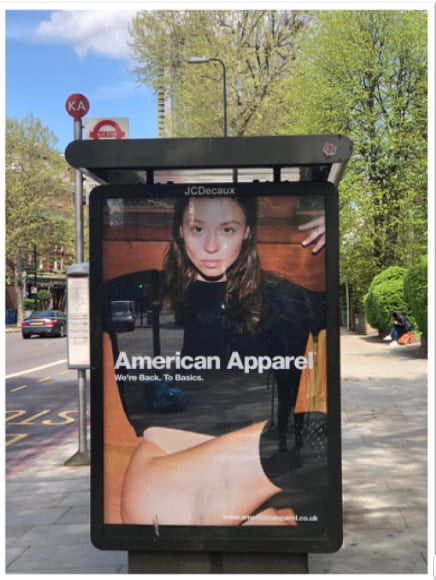Bringing women curriculum theorists into the light
By Blog Editor, IOE Digital, on 8 June 2023

Six women curriculum theorists, clockwise from top left: Maria Montessori, Lucy Diggs Slowe, Susan Isaacs, Susan Haack, Martha Nussbaum, Maxine Greene (Credit: public domain; Alpha Kappa Alpha; IOE Institute Archives; zooterkin; Robin Holland; Ryan Brenizer, all Wikimedia Commons)
Sandra Leaton Gray and David Scott.
At David’s retirement party, after all the toasts and speeches, we started discussing something that represents a still accumulating problem in the field of curriculum studies: how is it that so many of the seminal works relating to curriculum theory focus exclusively on the contributions of men, given that there are many such female theorists (and professional educators are more likely to be women)? To that end, recently we have been giving a great deal of thought to different formations and interpretations of feminism, as a way of gaining new insights into the field. (more…)
 Close
Close





